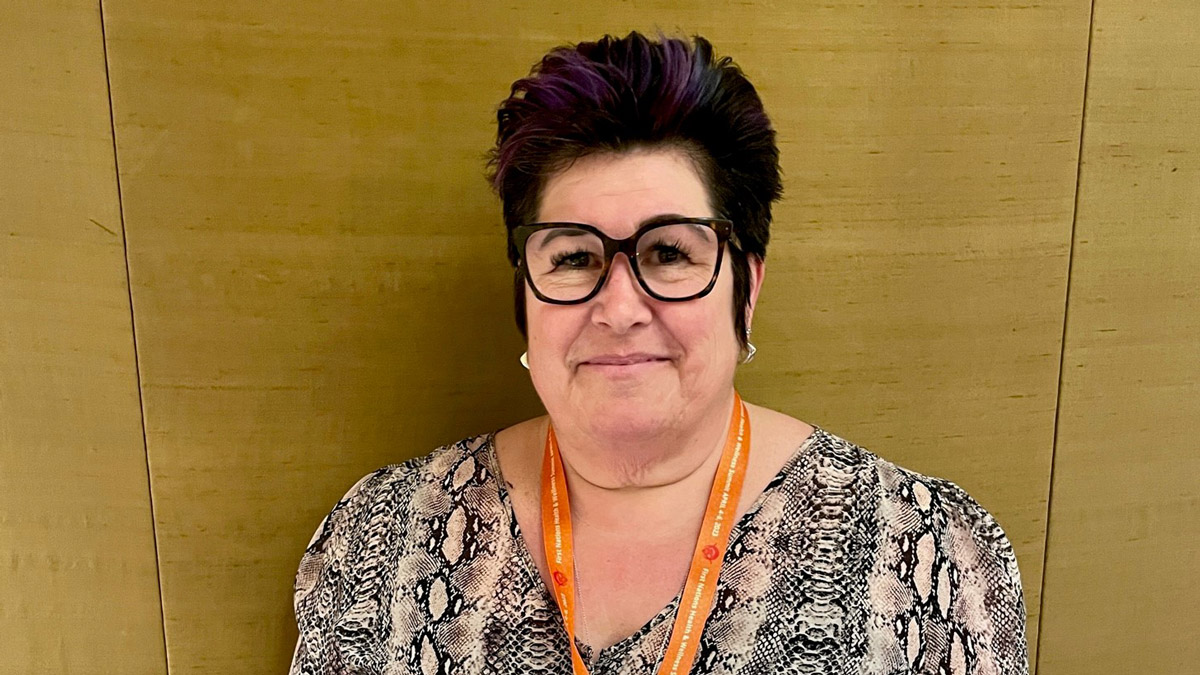
The mental and emotional aspects of the recovery journey are just as important as the medical one
People going through withdrawal are extremely vulnerable. Not only is their body going through physical detox, but their mental health and wellness is also facing challenges due to withdrawal. Supporting people who are beginning their healing journey wholistically is the best way to help them succeed.
“People are at their most vulnerable when starting their healing journey," said Colleen Salter, Clinical Mental Health Services Director at the First Nations Health Authority (FNHA) during her presentation at the First Nations Health & Wellness Summit. “We need to provide them with safety, culture, ceremony and most importantly, love, patience and understanding."
Colleen's presentation during the First Nations Health & Wellness Summit emphasized that detox is more than just a physical process; she also highlighted the importance of engaging the four wholistic dimensions of health – the heart, body, mind and spirit.
She explained that detox is the process of when a person stops using a substance while withdrawal management is about caring for the person experiencing symptoms as they move through that detox process. Those symptoms can range from mild to severe and even become life-threatening.
Her presentation delved into the different types of detox: medical, social, home-based, and land-based. Most people may be familiar with the medical detox scenario involving nurses and doctors, and is usually for individuals who are at higher risk who may require medical intervention.
The other forms–social, home-based, and land-based–are longer term and require collaborative supports to be in place. For example, those who enter social detox (supervision by friends or family members) still need to be assessed by a doctor but also require a medical facility nearby in case medical intervention is required. Those using home-based detox will need to have strong supports to be successful.
Regardless of which path is chosen, having a land-based component is important, as that incorporates culture and tradition into the four dimensions of health, elements that are essential for long-term success.
Another thread throughout Colleen's presentation was the need for love and not to stigmatize the person during their healing journey. For example, relapsing often brings stigma and shame, but recovery is seldom straightforward. Stigma may also prevent someone who needs immediate medical attention from seeking it.
“They're made to feel like they're taking a bed from someone else, even if they need it for their disease. There is a judgement there and people need another option for detoxing," said Colleen.
She said everyone's reason for their journey is different. Some may want to completely stop using substances, while others may only want a temporary break for personal or health reasons. Regardless of their goals or motivations, their best chance of success is having diverse supports that engages the heart, body, mind and spirit.
While there is no guarantee of success in recovery, taking a wholistic approach that incorporates culture and tradition can give someone the best chance at it.
To support people on their healing journeys, the FNHA provides supports with programs such as Virtual Substance Use and Psychiatry Service, Virtual Doctor of the Day, community and health nurses, mental health providers and treatment and recovery navigation, as well as education on harm reduction and anti-stigma campaigns.
The First Nations Health & Wellness Summit was a three-day event from April 4-6 to share knowledge and wisdom on community driven practices for wholistic wellness.

